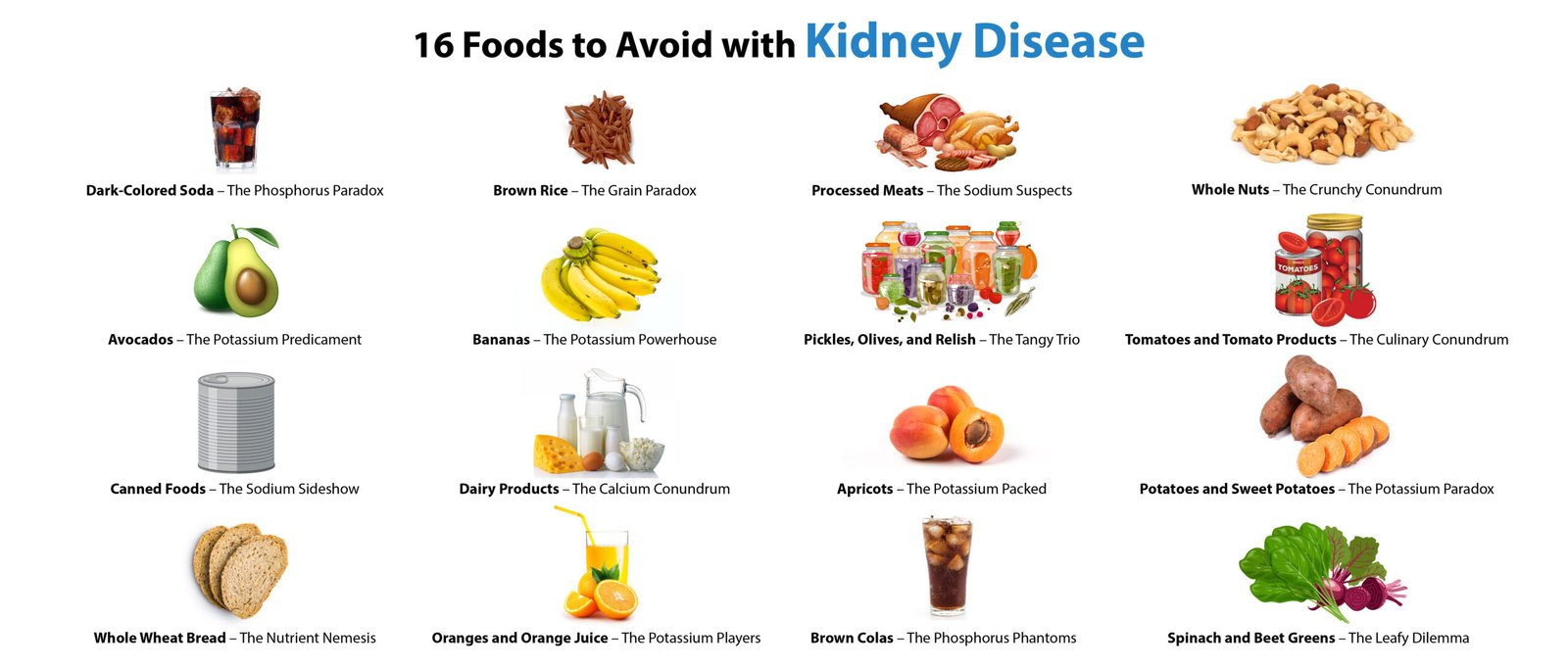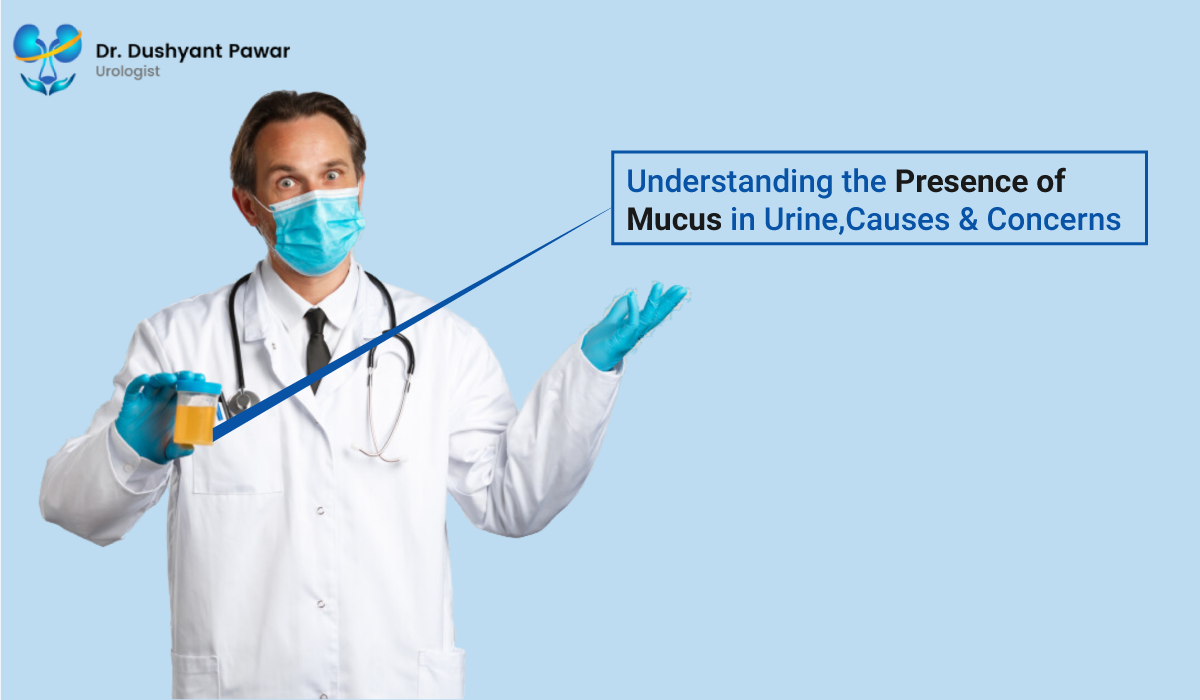Picture your kidneys as the unsung heroes in the intricate story of your body’s daily operation. Nestled in your lower back, these remarkable bean-shaped organs work tirelessly to filter waste from your blood, regulate fluid levels, balance essential minerals, and even produce hormones. Their health is paramount, and the first step toward safeguarding them is adopting a kidney-friendly diet. In this comprehensive guide, we’ll embark on a journey through the dietary landscape, navigating the treacherous waters of sodium, potassium, phosphorus, and protein. Our goal? To ensure your kidneys take centre stage in a story of health and vitality.
Table of Contents
The Role of Diet in Kidney Health
Before we explore the list of dietary adversaries, let’s set the stage by understanding why your diet plays such a pivotal role in kidney health. Your kidneys perform a complex ballet, delicately balancing electrolytes, fluids, and waste products within your body. A well-designed diet assumes the role of conductor in this intricate performance, especially when kidney disease enters the scene. Kidney disease has the potential to disrupt this harmony, leading to fluid retention, toxin buildup, and electrolyte imbalances. Thus, the kidney-friendly diet steps onto the stage, ready to manage kidney disease, thwart further damage, and script a healthier life.
Foods to Avoid with Kidney Disease
Now that we’ve established the importance of diet in kidney health, let’s meet the protagonists of our dietary drama—the foods that need to make a graceful exit. Here’s a curated list of foods to avoid or limit to safeguard your kidneys:

Dark-Colored Soda – The Phosphorus Paradox
In this section, we’ll uncover the truth about dark-colored sodas. Beyond their sugary façade lies a hidden adversary – phosphorus additives. These additives are cleverly used to enhance flavor, extend shelf life, and prevent discoloration. However, what sets them apart is how your body absorbs this added phosphorus, different from the natural phosphorus found in foods. Additive phosphorus, unlike its natural counterpart, doesn’t bind to protein and is swiftly absorbed by your intestines. While specific phosphorus content varies, it’s prudent to bid farewell to dark-colored sodas when embracing a kidney-friendly diet.
Avocados – The Potassium Predicament
Avocados, celebrated for their heart-healthy fats, fiber, and antioxidants, present a culinary conundrum. Their richness in potassium complicates dietary choices, especially for those needing to monitor potassium intake, particularly when kidney disease takes the center stage. A single average-sized avocado packs a potassium punch, making it wise to limit or entirely avoid avocados when potassium needs restraint.
Canned Foods – The Sodium Sideshow
In this section, we encounter canned foods, the epitome of convenience but often bearing a hidden secret – high sodium content. Manufacturers employ salt as a preservative, extending shelf life, and consequently spiking sodium levels in these goods. For individuals grappling with kidney disease, the mission is to lower sodium intake, managing blood pressure and keeping fluid retention at bay. The strategy here involves opting for low-sodium varieties or giving canned foods a thorough rinse to bid adieu to some of their sodium content.
Whole Wheat Bread – The Nutrient Nemesis
Whole wheat bread, often applauded for its health-conscious appeal, takes on a different role in the kidney health narrative. It carries a heavier load of phosphorus and potassium compared to its white bread counterpart. To harmonize nutrient levels with your kidney’s aspirations, consider embracing white bread or exploring alternatives that wield a gentler phosphorus and potassium wand.
Brown Rice – The Grain Paradox
Brown rice, celebrated as a nutritious whole grain, finds itself entangled in a paradoxical twist. It boasts higher levels of phosphorus and potassium compared to its white rice counterpart. If kidney disease is part of your script, your role is to consume brown rice in controlled portions, artfully balancing it with grains like bulgur, buckwheat, pearled barley, or couscous.
Bananas – The Potassium Powerhouse
Bananas, beloved for their potassium riches, often claim starring roles in many diets. However, their high potassium content complicates matters for those with restricted potassium intake, especially when kidney disease takes the centre stage. The curtain falls on daily banana consumption for these individuals, replaced by fruits like pineapples that take a gentler stance on potassium.
Dairy Products – The Calcium Conundrum
Dairy products, repositories of essential nutrients and high-quality protein, occupy a dual role in the kidney disease storyline. While they offer valuable vitamins and minerals, an overindulgence in dairy can spell trouble for your kidneys. The phosphorus in dairy products can lead to calcium leaching from your bones, resulting in weakened bones and an increased fracture risk – a plot twist no one desires. To safeguard your bones and manage phosphorus and protein intake, consider embracing dairy alternatives like unenriched rice milk or almond milk.
Oranges and Orange Juice – The Potassium Players
Oranges and their liquid counterpart, orange juice, are renowned for their vitamin C, but their high potassium content requires moderation when potassium management takes precedence. In their stead, introduce fruits like grapes, apples, cranberries, or their respective juices, which don’t harbour as much potassium.
Processed Meats – The Sodium Suspects
Processed meats like hot dogs, bacon, pepperoni, jerky, and sausage have been cast as villains in the health drama due to their preservatives and high salt content. Consuming these culprits can escalate your daily sodium intake beyond recommended levels, a departure from your kidney’s aspirations. Furthermore, processed meats are protein-rich, a subplot that can be problematic if you’re advised to watch your protein intake.
Pickles, Olives, and Relish – The Tangy Trio
Pickles, olives, and relish, though tantalizingly flavourful, essentially belong to the world of cured or pickled foods. The curing and pickling process often involves generous dashes of salt, lending them their characteristic tang. Their high sodium content can exert undue pressure on your kidneys and make blood pressure control a challenging act. Even though reduced-sodium versions exist, maintaining restraint in portion sizes is the pivotal plot twist.
Apricots – The Potassium Packed
Apricots, whether fresh or dried, brim with nutrients, but they also carry a hefty potassium load. Dried apricots, in particular, deliver a potassium punch that can elevate potassium levels in your bloodstream. If potassium management tops your dietary agenda, it’s advisable to keep apricots, especially the dried variety, at arm’s length.
Brown Colas – The Phosphorus Phantoms
Brown colas, much like their dark-colored soda counterparts, contain phosphorus additives that expertly sneak into your system. These additives can elevate phosphorus levels in your blood, throwing a curveball in your kidney-friendly dietary endeavors. As the curtains rise on your dietary choices, it’s a wise decision to avoid brown colas.
Whole Nuts – The Crunchy Conundrum
Whole nuts, the crunchy snacks we often adore, bear the brunt of high potassium and phosphorus content. While they’re a source of valuable nutrients, individuals with kidney disease must treat them with moderation. If nuts hold a special place in your heart, consider opting for lower-phosphorus varieties and keeping portion sizes in check.
Tomatoes and Tomato Products – The Culinary Conundrum
Tomatoes, known for their versatile culinary role, are a prominent source of potassium. Their products, like tomato sauce and paste, can also pack a potassium punch. While you don’t have to ban tomatoes from your script, prudent portion control and moderation in the use of tomato-based products are key to keeping potassium levels in check.
Potatoes and Sweet Potatoes – The Potassium Paradox
Potatoes, whether regular or sweet, have a high potassium content, making them challenging for those with restricted potassium intake. However, potatoes can still make occasional cameo appearances in your diet. To strike a balance, consider peeling and boiling them, as this can reduce their potassium content.
Spinach and Beet Greens – The Leafy Dilemma
Leafy greens like spinach and beet greens are nutrition powerhouses, but they’re also loaded with potassium and, to some extent, phosphorus. The storyline here is about enjoying them in moderation, balancing their inclusion with other low-potassium greens.
Chocolate and Cocoa – The Indulgent Intrigue
Indulgent as it may be, chocolate and cocoa harbor substantial amounts of both phosphorus and potassium. While you don’t have to bid adieu to chocolate completely, consider it a special treat rather than a regular cast member in your dietary drama.
Conclusion
Your dietary choices can either propel you toward a healthier, kidney-friendly life or steer you into troubled waters. The foods mentioned above may be the antagonists of your kidney health story, but they’re just one part of the narrative. Embracing a kidney-friendly diet, rich in fresh fruits, vegetables, lean proteins, and low-phosphorus grains, can be your ticket to protecting your kidneys and enhancing your overall well-being. However, every storyline is unique, and so is your kidney health journey. It’s crucial to work closely with a healthcare professional or registered dietitian who can craft a personalized dietary plan tailored to your specific needs.
For specialized guidance on kidney health, kidney disease treatment, and related urological concerns, consider consulting with Dr. Dushyant Pawar, a distinguished urologist in Ahmedabad. Dr. Pawar offers private consultations and comprehensive services at Shivanta Multispeciality Hospital. With his expertise in urology and unwavering commitment to patient care, Dr. Dushyant Pawar can provide you with the support and guidance needed to safeguard your kidney health.
FAQs
Can I eat any type of protein with kidney disease?
Lean protein sources like skinless poultry and fish are better choices than red meat. Speak to a dietitian for personalized recommendations.
What can I drink with kidney disease?
Water is the best choice. Limit beverages high in phosphorus, potassium, and sodium like cola and sports drinks.
What are the key foods to avoid with kidney disease?
Foods high in sodium, potassium, phosphorus, and protein should be limited. These include processed foods, dairy products, certain fruits, and red meat.
Is it okay to consume dairy products if I have kidney disease?
Dairy products are high in phosphorus and should be consumed in moderation. Opt for low-phosphorus alternatives or consult a dietitian.





